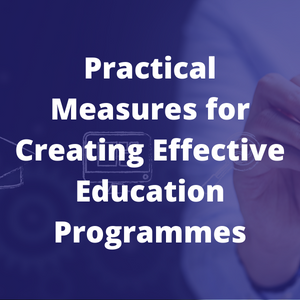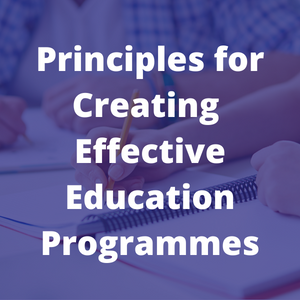
In the creation of the Academy9 education programme many lessons have been learned about partnership creation between industry and education.
In order to support others through this process we have gathered our findings, and these are shared below in our ‘How to Guides’.

The strength of education-industry partnerships lies in the mutual exchange and integration of knowledge and expertise.
Partnerships may involve particular schools, colleges, industry bodies, businesses or employers, or other organisations.
A genuinely collaborative and integrative partnership should draw its personnel from both education and industry including, for example, education practitioners of various backgrounds (e.g. teachers, careers officers, DYW staff) and industry professionals (e.g. with backgrounds in STEM subjects).

What practical measures turn these principles into reality?
- Thorough planning and preparation
- Scoping exercise
- Developing an education framework
- Careful consideration of desired outcomes
- Anticipation of possible risks and consequences
- Delivered by skilled and trained professionals
- Effective co-ordination
- Quality assurance
- and much more…

Any education programme should aim to provide the highest standards of learning for young people and set high expectations.
These standards are measured in both quantitative and qualitative terms – by the programme’s popularity and success with participants.
Its appeal to diverse groups and contexts, by the outcomes and achievements engendered for young people and by longer-term factors such as their career destinations.

These top tips are for professionals in education and industry, collaborating to create effective education programmes.
These strategies stress the need for schools, industry, business, and employers to work collaboratively through “meaningful and productive school employer partnerships.” to “prepare young people for the world of work” for example, by providing work placements, references, opportunities for work shadowing, internships, etc., to nurture entrepreneurship skills and develop transferable work-relevant skills for “job applications, CV writing and interviews”

To illustrate these principles and practical measures, this case study gives information about the Academy9 programme.

